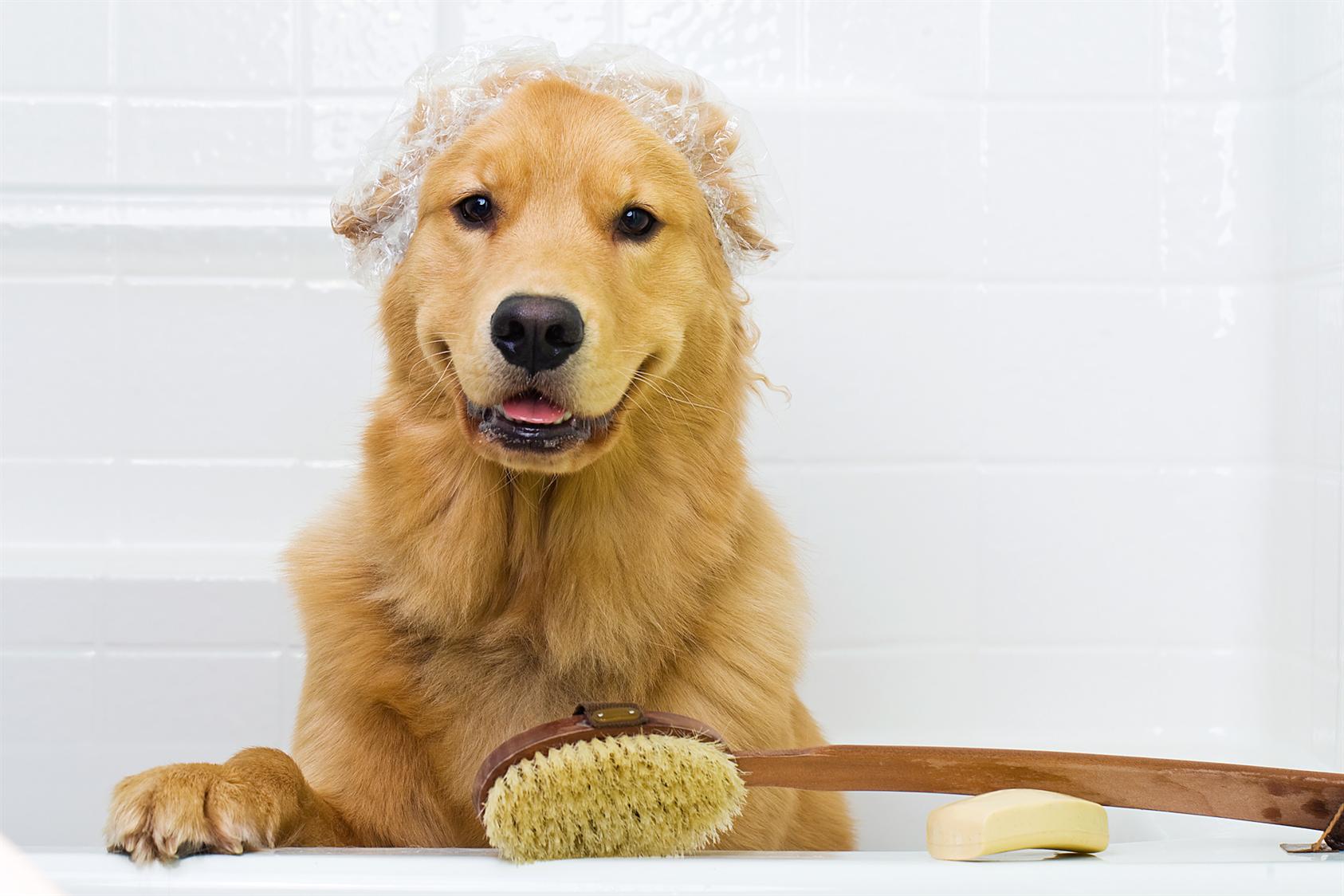Believe it or not, there are still myths circulating in the pet world even when there are trained, professional groomers pulling on the reins. Besides being annoying, these myths affect the pet owners causing them to worry unnecessarily. Naturally, with fear comes the realization that instead of putting the safety of his pet on the line, he’d rather not go to the grooming center instead.
Grooming centers like Petco and PetSmart are established so that pet owners can groom their furry friends on a regular basis.
To avoid making these false assumptions a pest to pet owners and their pets, here is a list of 6 pet grooming myths that people should know about.
MYTH 1: Hair shedding does not occur in some breeds.
All dogs shed their hair and fur all the time, even the short-haired ones. People may believe that short hair is better than dogs with long mane as it is low maintenance, there are some short-haired breeds that shed copious amount of hair than long-haired dogs.
This is why both groomers and vets advice to comb and brush your pet’s hair on a regular basis for better grooming and to avoid shedding too much.
MYTH 2: There are some breeds that will not cause an allergic reaction to owners as they are these are “hypoallergenic” breeds.
There is no such thing as a “hypoallergenic” breed of dogs nor cats. Yes, there is a possibility that an owner who is suffering from an allergic reaction to pets can feel better suited to a certain breed but it is never a guarantee that the owner will have an allergy-free pet life.
In order to avoid a bad case of pet allergic reaction, it is best to test yourself with your new pet for a few hours. This is the only way you can gauge whether this breed is best suited for you or not.
MYTH 3: You can use your shampoo for your dogs.
Never believe anyone who says “pet shampoo is made to scam devoted and loving pet owners into buying things their pets will never need.” This is a lie as veterinarians recommend pet shampoo for a reason – it is made for your pets.
Human skin is different from an animal skin thus the bath shampoo they use are also made differently. Human skin has more acid than animal skin and they also sweat more than their pets.
The use of human shampoo on pets strips away their natural oil, making the upper layer dry and exposed to viruses and bacteria that can cause mange, rashes and other animal skin problems. It is impertinent that the owner understands that the animal’s skin is its largest barrier against infection.
MYTH 4: Pets do not need to take a bath on a regular basis.
While most pet owners would suggest that over-bathing a pet can lead to the drying of their skin or removal of natural moisture, there is no truth to it. In fact, most animal experts believe that over bathing is as common as under bathing, of which the former can cause more problems than the latter.
Follow your veterinarian’s recommendation as to how often your pet should bathe. A typical recommendation can be every week or two but it is best to get the right number to avoid any mishaps in the end.
Giving your pets a bath is also a way to help them smell better, shed less, and avoid skin diseases you’d rather not them have. The key point, if not stressed on the third myth, is using the right pet shampoo during bath time.
MYTH 5: Treat the tear stains of your pets.
Tear stains are literally just stains which are usually caused by the pigments found in tears. It has no benefit nor adverse reaction to your pet’s health, not unless the owner is somewhat a perfectionist.
It is also highly inadvisable to give your pet antibiotic all the time as it can elevate their chances of getting immune to the medicine. It can lead to more serious health problems and can make antibiotics useless for future use.
MYTH 6: Don’t give your cat a bath as they hate water.
This ridiculous claim might have started when pet owners used to discipline their cats with spray bottles. In reality, giving cats a bath makes them cleaner and sanitize than just letting them clean themselves.
As an animal lover, you should be aware that what you have at home is a tamed animal, not a wild one. Keeping your pet cat clean will not only be safe for him or her but also for the household as it can prevent any air-borne illness to be passed on.


